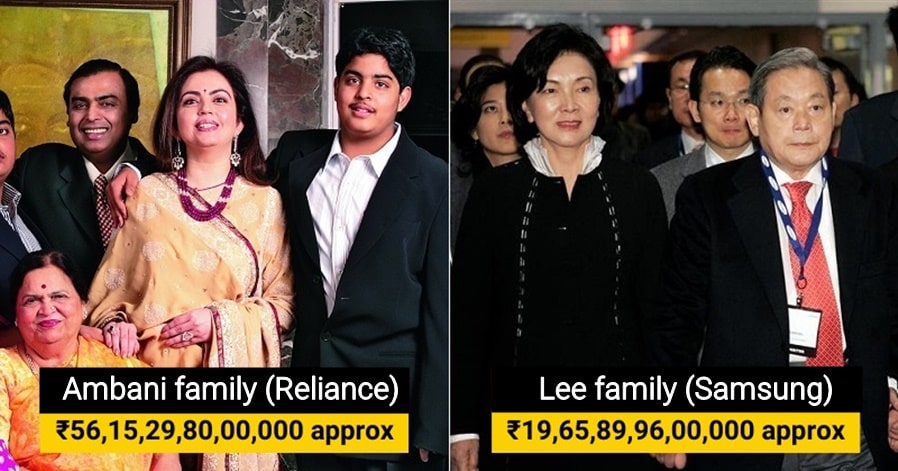No products in the cart.
Australia cutting trade-ties with China, giving total focus on India amid escalating tension
Australia’s escalating tensions with Beijing have shown up its reliance on China trade and propelled a push to increase links with Asia’s other giant economy, India.
New enrollments of international students from India expanded 32% in 2019 from a year earlier and it’s the fastest growing major market for Australian services. India has overtaken China as the largest source of net migration to Australia, and its diaspora is the third largest Down Under, just behind China and the U.K.
Indo-Australian relations have deepened in the last few years. Now the duo looks to strengthen ties economically, and strategically. A growing pragmatism is visible between the two nations. It seems quite inevitable that the two will partner up to deal with the neighborhood bully.
India’s fast-growing population is set to overtake China’s in 2027 — suggests ongoing opportunities for Australia to diversify a trade portfolio that currently makes it the developed world’s most China-dependent economy. The need to switch things up has accelerated as ties sank to their lowest ebb in 30 years after Canberra’s calls for an international inquiry into Covid-19’s origins was taken by Beijing as a political attack, with China imposing barriers on barley, beef and wine from Down Under.
Australia seeks to strengthen ties with India in strategic sectors. India and Australia signed a deal to get access to each other’s military bases during a virtual summit in June. India–Australia strategic partnership has grown quite rapidly over the last few years. The trade ministers of Japan, India and Australia recently agreed to work toward achieving supply chain resilience in the Indo-Pacific region.
“We can sell India education, health care, and there’s potential in science and technology,” mentioned Ian Hall, a professor of worldwide relations at Griffith University in Queensland. “It’s much more the consumer market of India’s growing middle class than goods.”
Former Australian Trade Minister Craig Emerson said Delhi wants to send lots of people to Australia on work visas and doesn’t want to reduce tariffs. Australia and India began negotiations on a free trade deal in 2011 but the two countries have not settled an FTA yet.
“India is highly concerned about its trade deficit,” said Lai-Ha Chan, a political scientist at the University of Technology in Sydney, who notes that after signing free trade agreements with South Korea and Japan, India’s trade deficit with those nations ballooned. “It would be very worried about Australian farm products, like dairy, harming Indian farmers.”
“It’s entirely possible China, once it gets all three mineral provinces in a row — Guinea, Brazil and Australia — will play one off against the other to get a better price,” he said. “If you’re China, you’d say ‘where’s our vulnerability? Iron ore. So let’s diversify, let’s fix that.’ They may never need to activate it, but it’s there, it’s available.”












